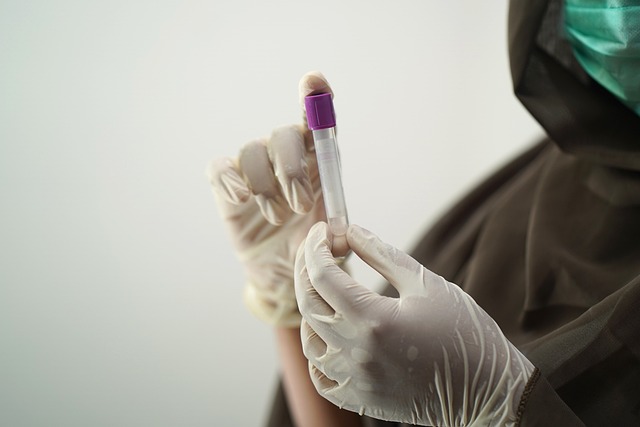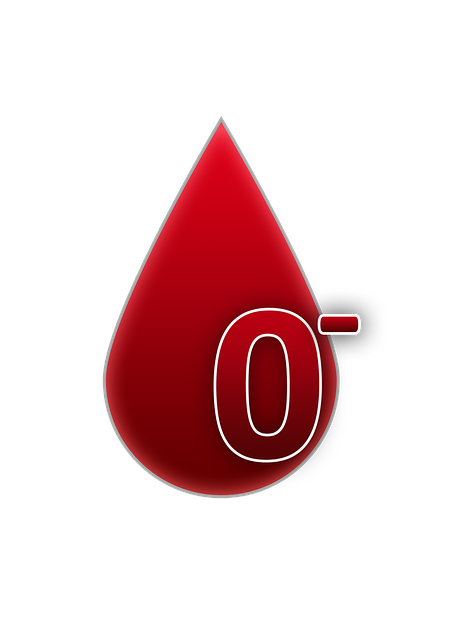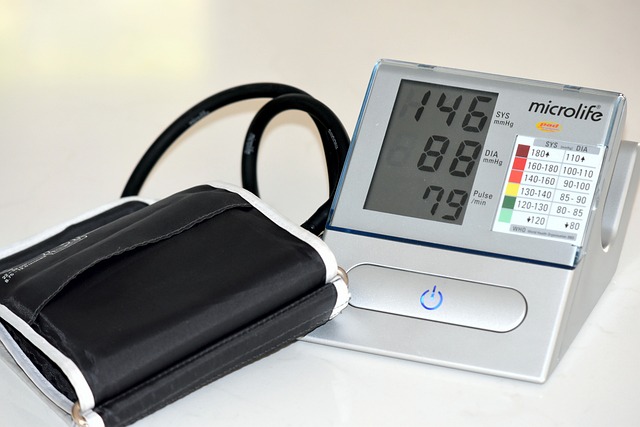The Cholesterol Blood Test UK has become a critical component of cardiovascular health management in the UK, allowing individuals to conveniently and privately monitor their cholesterol levels at home. These home testing kits differentiate between 'bad' LDL and 'good' HDL cholesterol, with high LDL posing risks for arterial plaque buildup and potential heart attacks or strokes. The kits are user-friendly, involving a simple finger-prick blood sample that is mailed to certified laboratories for analysis, providing results as accurate as those from clinical settings. They enable regular self-monitoring, which is essential for early detection and management of cholesterol conditions, and contribute to the UK's focus on preventive healthcare and reduction of cardiovascular disease. These home testing kits are accessible to a wide range of individuals, including those with busy or mobility-challenged lifestyles, and serve as a significant step towards fostering a proactive approach to personal health care in the UK population. Regular use of these kits empowers individuals to track their cardiovascular health progressively and make informed lifestyle decisions.
Home blood testing for cholesterol has emerged as a pivotal tool for health monitoring in the UK, offering individuals a convenient and informed approach to wellness. This article delves into the significance of cholesterol blood tests, highlighting their importance in maintaining cardiovascular health. We will explore the benefits of home testing, providing a comprehensive guide on self-administering a cholesterol blood test within the UK’s healthcare framework. By understanding and managing your cholesterol levels, you empower yourself to make healthier lifestyle choices and potentially avoid more invasive medical procedures.
- Understanding Cholesterol Blood Tests and Their Importance in the UK
- The Convenience of Home Blood Testing for Cholesterol Monitoring in the UK
- Step-by-Step Guide to Self-Administering a Cholesterol Blood Test at Home in the UK
Understanding Cholesterol Blood Tests and Their Importance in the UK

In the UK, understanding one’s cholesterol levels is a pivotal aspect of maintaining cardiovascular health. A Cholesterol Blood Test UK is a key diagnostic tool that measures the amount of cholesterol circulating in an individual’s blood. This test includes measurements of total cholesterol, low-density lipoprotein (LDL) cholesterol, often referred to as ‘bad’ cholesterol, and high-density lipoprotein (HDL) cholesterol, known as ‘good’ cholesterol. High levels of LDL cholesterol can lead to plaque buildup in arteries, increasing the risk of heart attack or stroke, while HDL cholesterol helps remove other forms of cholesterol from your bloodstream, thus playing a protective role.
Home testing kits for cholesterol have become increasingly accessible in the UK, allowing individuals to monitor their lipid profiles with ease and convenience. These at-home tests are typically conducted using a finger-prick blood sample collected by the individual themselves, often with guidance from healthcare professionals or clear instructions provided by the test manufacturer. The results can then be analysed either manually or through online platforms, providing insights into one’s cholesterol status. This democratisation of health information is crucial for early detection and management of cholesterol-related conditions, enabling proactive health management and reduced risk of cardiovascular disease. Regular monitoring and understanding cholesterol levels through Cholesterol Blood Test UK at home are becoming integral to personal healthcare routines in the UK.
The Convenience of Home Blood Testing for Cholesterol Monitoring in the UK

In recent years, the landscape of health monitoring has shifted significantly with the advent of home blood testing kits for cholesterol levels in the UK. These convenient tools enable individuals to self-administer a finger-prick blood sample and mail it to certified laboratories for analysis. The convenience of home cholesterol blood testing cannot be overstated; it eliminates the need for appointments with healthcare providers, reduces travel time, and offers privacy while providing results that are as accurate as those obtained in a clinical setting. This approach empowers individuals to take an active role in their health management, facilitating regular monitoring of cholesterol levels, a key indicator of heart health. For the UK population, where accessibility to healthcare services can vary, home blood testing for cholesterol is a game-changer, offering peace of mind and early detection capabilities that align with the country’s focus on preventive healthcare.
The integration of home cholesterol blood testing kits into the wellness routines of UK residents underscores the importance of self-care and proactive health management. With user-friendly interfaces and clear instructions, these tests are accessible to a wide demographic, including those with busy lifestyles or limited mobility. By providing timely cholesterol blood test UK results, individuals can make informed decisions about their diet and lifestyle choices, potentially preventing the onset of cardiovascular diseases. The convenience and accessibility of these kits encourage regular health check-ups, contributing to a more proactive approach to personal wellness and the overall health of the nation.
Step-by-Step Guide to Self-Administering a Cholesterol Blood Test at Home in the UK

In the UK, managing one’s health from home has become increasingly feasible with advancements in medical technology and services. A key aspect of this is the ability to self-administer a cholesterol blood test, which provides valuable insights into an individual’s cardiovascular health. For those interested in monitoring their cholesterol levels privately and conveniently, a step-by-step guide is essential. Begin by purchasing a home cholesterol testing kit from a reputable supplier authorised to provide such kits in the UK. These kits typically come with clear instructions, a lancet for skin puncturing, sterile lancets, a test strip, and a lance device. Ensure the test is suitable for your age, health status, and any medications you may be taking. Before commencing the test, clean the area where you will prick your finger, usually the fingertip, as indicated in the kit’s instructions. After activating the lancet by pressing it against the side or top as directed, gently squeeze the side of your fingertip to produce a small blood drop. Apply the test strip to the droplet of blood, following the guidelines provided. Wait for the required amount of time, as noted in the kit’s manual; this allows the test strip to accurately measure the cholesterol levels. Once the waiting period is complete, check the results against the chart or digital display on the device. The kit should include a range for total cholesterol, low-density lipoprotein (LDL) cholesterol, high-density lipoprotein (HDL) cholesterol, and triglycerides. Record these figures and compare them to the desired levels recommended by health professionals. If your results indicate high cholesterol levels, consult with a healthcare provider for professional advice and guidance on managing and lowering your cholesterol. Regular home cholesterol testing can provide ongoing insights into your wellness journey, allowing for timely interventions and lifestyle adjustments to maintain optimal health.
In conclusion, home blood testing for cholesterol offers a convenient and accessible method for individuals in the UK to monitor their wellness. By understanding the importance of cholesterol levels and how to self-administer a Cholesterol Blood Test UK, citizens can take proactive steps towards maintaining their health. The guide provided in this article demystifies the process, allowing for informed and independent monitoring of this vital health indicator. Embracing this technology not only empowers individuals with health data but also alleviates pressure on healthcare systems by reducing the need for routine clinic visits. It is a testament to the advancements in medical technology that such testing can now be performed with ease from the comfort of one’s home, marking a significant stride forward in personal wellness management.
